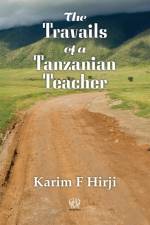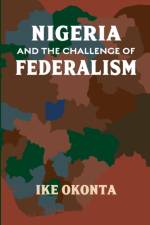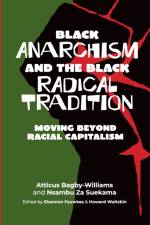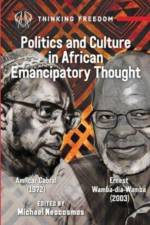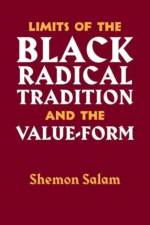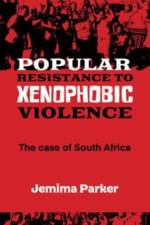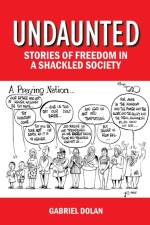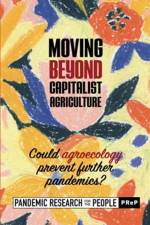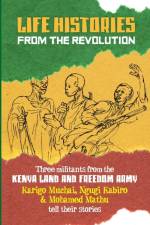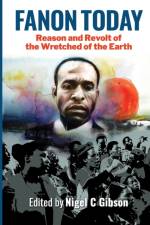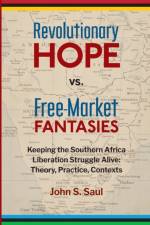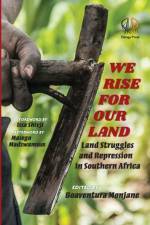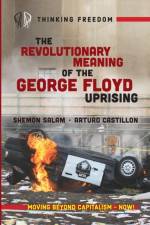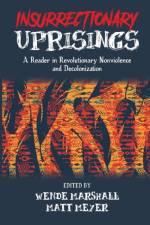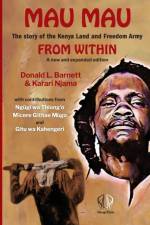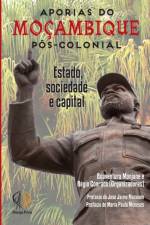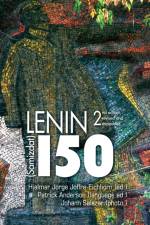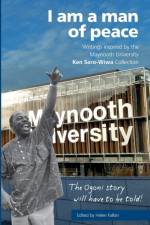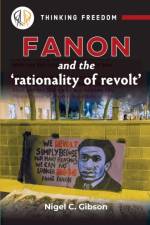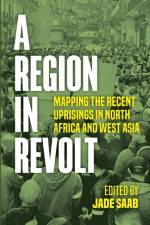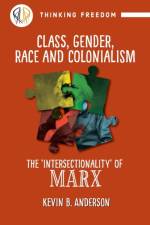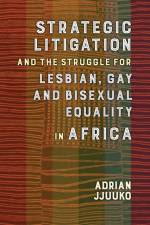av Atticus Bagby-Williams
239,-
Black Anarchism and the Black Radical Tradition deals with three distinct radical orientations: the anarchist movement in Europe and the United States, the Black Radical Tradition, and Black anarchism. Importantly, Black anarchism owes more to the Black Radical Tradition than the European anarchist movement. Often, Black anarchists are not acknowledged within the Black Radical Tradition for their contributions to revolutionary theory as well as struggle. We seek to change that by discussing Black anarchist theorists and to shed light on the resonances and differences among them.We are in the midst of the largest Black uprising since the 1960s. Increasingly, the resonances between anarchist struggle and Black rebellion (with a common enemy in the capitalist state) are becoming clear. Over the past ten years, within radical networks and academic milieus, there has been renewed interest in clarifying these resonances. The Black Radical Tradition, as coined by the late great Black scholar Cedric Robinson, and its interactions with U.S. anarchism are what this project is attempting to map and explain. Our book engages with two waves of Black anarchists, including Kuwasi Balagoon, Lorenzo Kom'boa Ervin, and Ashanti Alston in the first wave, and Zoe Samudzi, William C. Anderson, and the Anarkatas in the second wave. We investigate why there has been dissonance between anarchists and Black radicals, partly by engaging relevant work and thought of anarchists such as Emma Goldman and David Graeber. The book makes the argument that anarchist theory can be "stretched' to Black people in the United States and other countries, in the way that Frantz Fanon stretched Marxism to the Global South. Black anarchism is not simply anarchism being practiced by people who are Black, but rather a tradition of autonomy, mutual aid, and militant resistance that emerges out of Black historical struggle. It is clear there are resonances between Black radicalism and anarchism, especially in the wake of the great uprising of 2020. In this project, we seek to clarify those resonances. Black anarchism needs to be written and understood partly as a theoretical project and partly as a project of radical political action.There has been a renewed interest in Black anarchism. Books such as As Black As Resistance or Anarcho-Blackness published in the past couple of years show that interest. However, our book differs in several ways. Importantly, we seek to engage more directly and to critique texts within the anarchist canon as well as engaging with scholars such as Fanon and Robinson, who are both located in anti-colonial movements of the 1960s. By using Fanon and Robinson to engage with the European anarchist canon, we hope to explain the resonances between long standing Black radicals and anarchism. In addition, by engaging fully with leading writers in the two waves of Black anarchism, we hope to bring more clarity to the project that is Black anarchism.This work Is an important achievement in clarifying the history and current importance of Black anarchism. The information that the book presents will be new to many readers. For instance, one important component involves the explanations of how hierarchical principles within the Black Panther Party and Black Liberation Army helped generate the emergence of Black anarchism among key party members who later developed their ideas and strategies while in prison. Likewise, the book breaks new ground in demonstrating that Black anarchism has emerged not from the European/ North American anarchist traditions but rather from roots in Pan-Africanism, the Black radical tradition focusing on racial capitalism and the work of Cedric Robinson, and grassroots struggles partly in the U.S. South. An in-depth analysis of the somewhat different but complementary focuses within the two generations of Black anarchism also is very helpful. Finally, the book highlights concrete, contemporary implications for revolutionary strategy, including a perceptive analysis of the compatibilities between socialist and Black anarchist approaches to current transformative struggles. This publication will become widely known and used, because it brings enlightening new ways to understand and to act on the intertwined structures of racial capitalism and the capitalist state.

